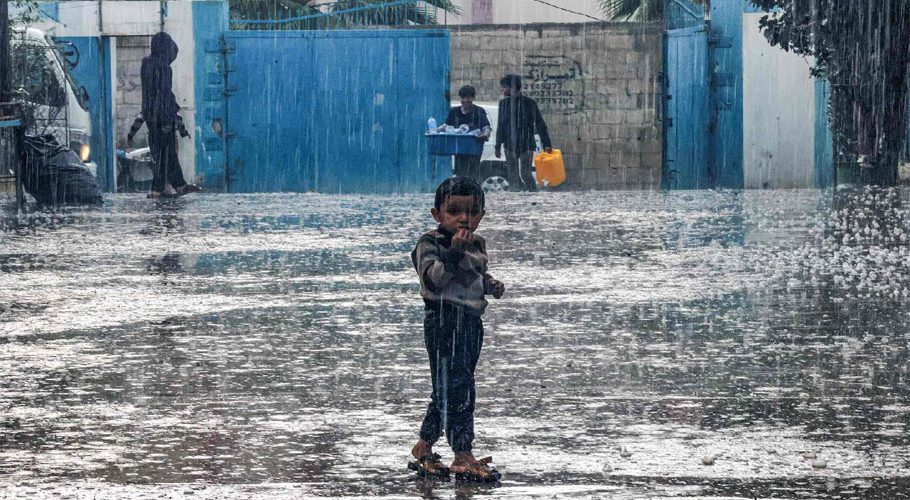“Rain is the property of the Israeli authorities” yes, you heard it right, that’s the claim of the Israeli military as Palestinians in the West Bank are not allowed to harvest rain water.
In addition to occupying the West Bank, Israel has seized control over the collection of rainwater by criminalizing its collection and harvest.
Amnesty International reports that the origins of these laws can be traced back to 1967, when Israel assumed control of all water sources in the West Bank. Legal measures and military directives in the Occupied Palestinian Territories (OPT) not only prohibit Palestinians from collecting water from natural sources, including rain, but also from tapping into any new water sources.
???????????????? Did you know Palestinians in the West Bank are not allowed to harvest rain water because Israel claims it belongs to them?
“Rain is the property of the Israeli authorities” claims the Israeli military.
And people defend this… pic.twitter.com/XAr3ZHnYPV
— Censored Men (@CensoredMen) November 24, 2023
As outlined in Military Order 158, Palestinians must obtain permits from the Israeli army for the development of any new water infrastructure—an often unattainable requirement, according to Amnesty International. This means Palestinians are unable to drill new water wells, install pumps, or make modifications to existing wells. Additionally, they are denied access to the Jordan River and freshwater springs, leaving over 180,000-200,000 Palestinians in rural West Bank communities without access to running water.
Even in areas connected to the water network and endowed with natural resources, the United Nations Office for the Coordination of Humanitarian Affairs (OCHA) reports that there is still a lack of access to running water. Interestingly, Israeli settlers residing in close proximity to Palestinians in the West Bank, sometimes just a hundred meters away, do not face such restrictions or water shortages. Some even engage in water recreational activities, including the use of pools.
Beyond restricting the creation of new water supplies, Israel is also systematically damaging existing water sources in the West Bank, as highlighted by Amnesty International.



































